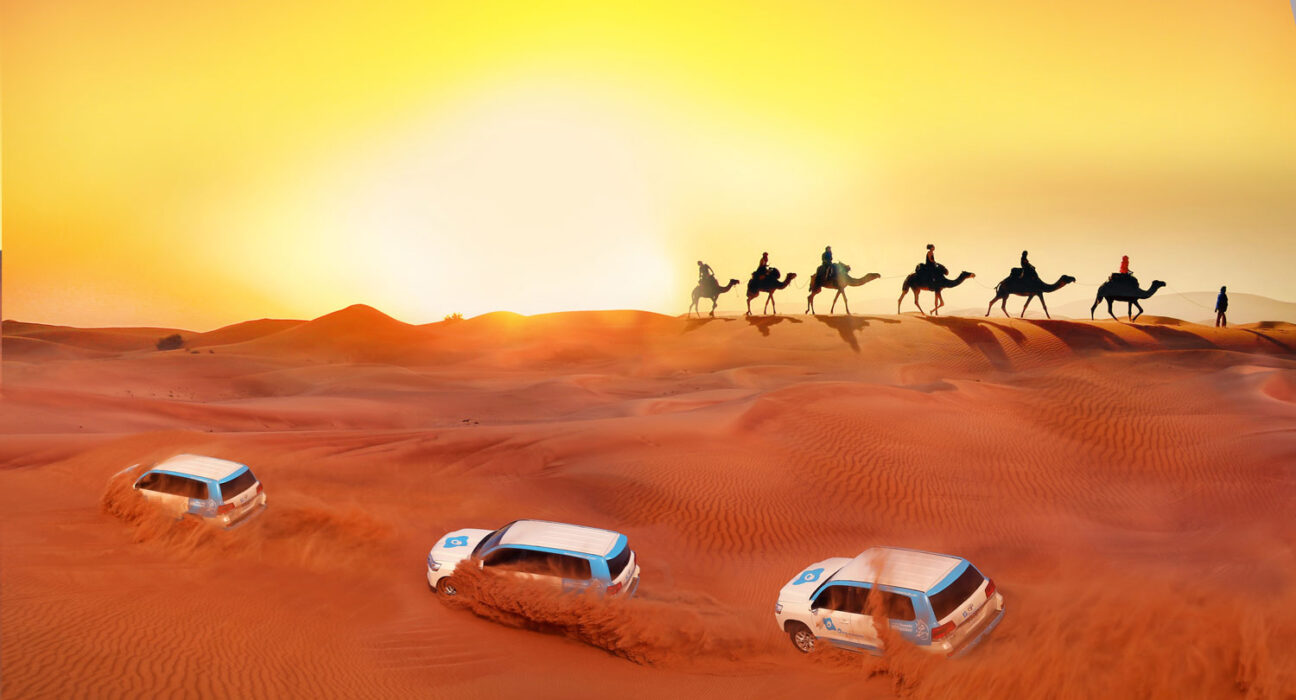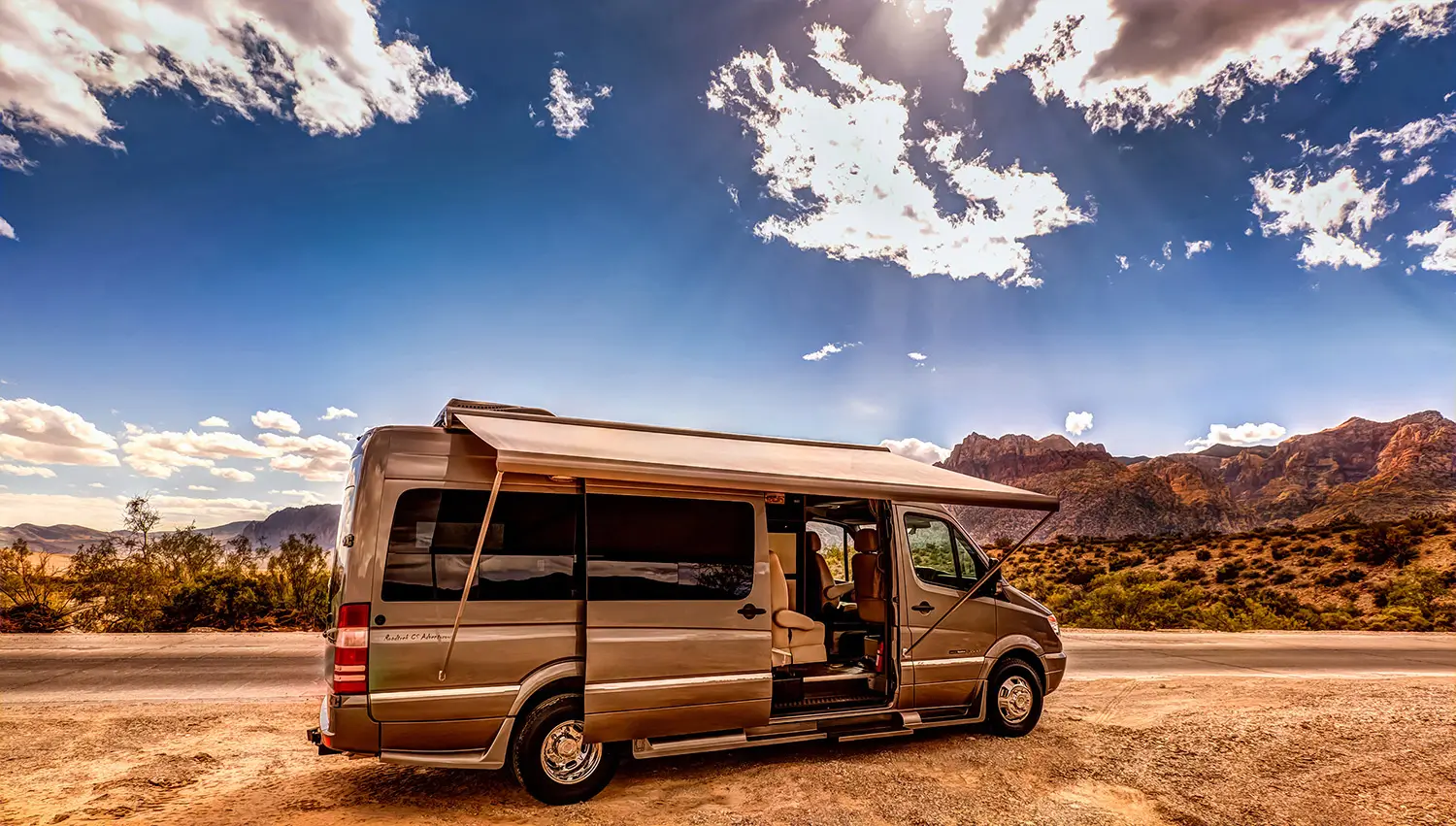Going on a safari adventure in the desert is a thrilling experience, offering the chance to connect with nature, witness incredible wildlife, and explore vast landscapes of sand dunes and rocky terrain. However, as visitors to these delicate ecosystems, it’s essential to prioritize eco-friendly practices so that our presence has minimal impact on the environment. Let’s have a look at the best practices for sustainable desert tourism where you can enjoy the desert responsibly while preserving its natural beauty and biodiversity.
Choose Sustainable Accommodations
How can safari tours be managed sustainably? When planning your desert safari, opt for accommodations that prioritize sustainability and eco-friendly practices. Look for lodges, camps, and resorts that are committed to minimizing their environmental footprint through initiatives such as renewable energy use, water conservation measures, waste reduction, and community engagement. Eco-friendly accommodations often blend seamlessly with the natural landscape, offering comfortable and immersive experiences that respect and protect the desert environment.
Support Conservation Efforts
Many organizations and conservation groups work tirelessly to protect and preserve desert ecosystems and the wildlife that inhabits them. You can also support these efforts by donating to organizations, participating in volunteer programs, or joining guided tours and excursions led by local conservation experts. By contributing to conservation initiatives, you can help safeguard the desert’s natural habitats for the long-term survival of its wildlife species for future generations to enjoy.
Respect Wildlife and Natural Habitats
One of the fundamental principles of eco-friendly desert safari practices is to respect wildlife and natural habitats by observing them from a considerable distance and minimal disturbances. Avoid approaching or feeding wild animals, as this can disrupt their natural behavior and create dependency on humans for food. Use binoculars to observe desert wildlife from a safe distance, allowing them to roam freely and behave naturally in their natural environment. Remember that we are guests in their homes, and it’s our responsibility to minimize our impact on their habitats.
Stay on Designated Trails
When exploring the desert landscape, stick to designated trails and established paths to minimize soil erosion and disturbance to fragile ecosystems. Off-road driving and hiking can damage vegetation, disturb wildlife habitats, and contribute to soil degradation in sensitive desert environments. Follow signs and guidelines provided by park authorities and tour operators, and avoid driving or walking on delicate desert vegetation, such as cryptobiotic soil crusts, which play a vital role in stabilizing desert soils and preventing erosion. If you are
Practice Leave No Trace Principle
The Leave No Trace principle provides a framework for minimizing environmental impact and preserving wilderness areas for future generations. When visiting the desert, follow these principles by disposing of all trash and waste, including food wrappers, plastic bottles, and other disposable items. Dispose of trash and waste properly in designated bins or carry it out with you if no bins are available. Minimize campfire impacts by using established fire rings or portable stoves for cooking, and always fully extinguish fires before leaving the area.
Conserve Water and Energy
Water is a very precious resource in desert environments, so it’s essential to conserve water whenever possible during eco-tourism in desert areas. Take short showers, turn off taps when not in use, and avoid wasting water unnecessarily. Look for reusable water bottles and refill them from water stations or filtered sources to reduce plastic waste. Similarly, conserve energy by turning off lights, fans, and air conditioning when not in use, and choose energy-efficient accommodations that use renewable energy sources such as solar power.
Summing Up
Enjoying the desert responsibly is not only essential for preserving its natural beauty and biodiversity but also for future generations to continue to experience its wonders. By following eco-friendly safari practices such as choosing sustainable accommodations, supporting conservation efforts, respecting wildlife and natural habitats, staying on designated trails, practicing Leave No Trace principles, and conserving water and energy, you can enjoy a memorable and meaningful safari experience while minimizing your impact on the environment. Together, we can all play a part in protecting and preserving the fragile ecosystems of the desert for generations to come. Book your Desert safari tour with Desert Evening Safari today and explore the deserts while not disturbing its precious ecosystem. Or if you want to see something different, then we would say that you can go for Hatta Mountain safari in Dubai. Book it today!





